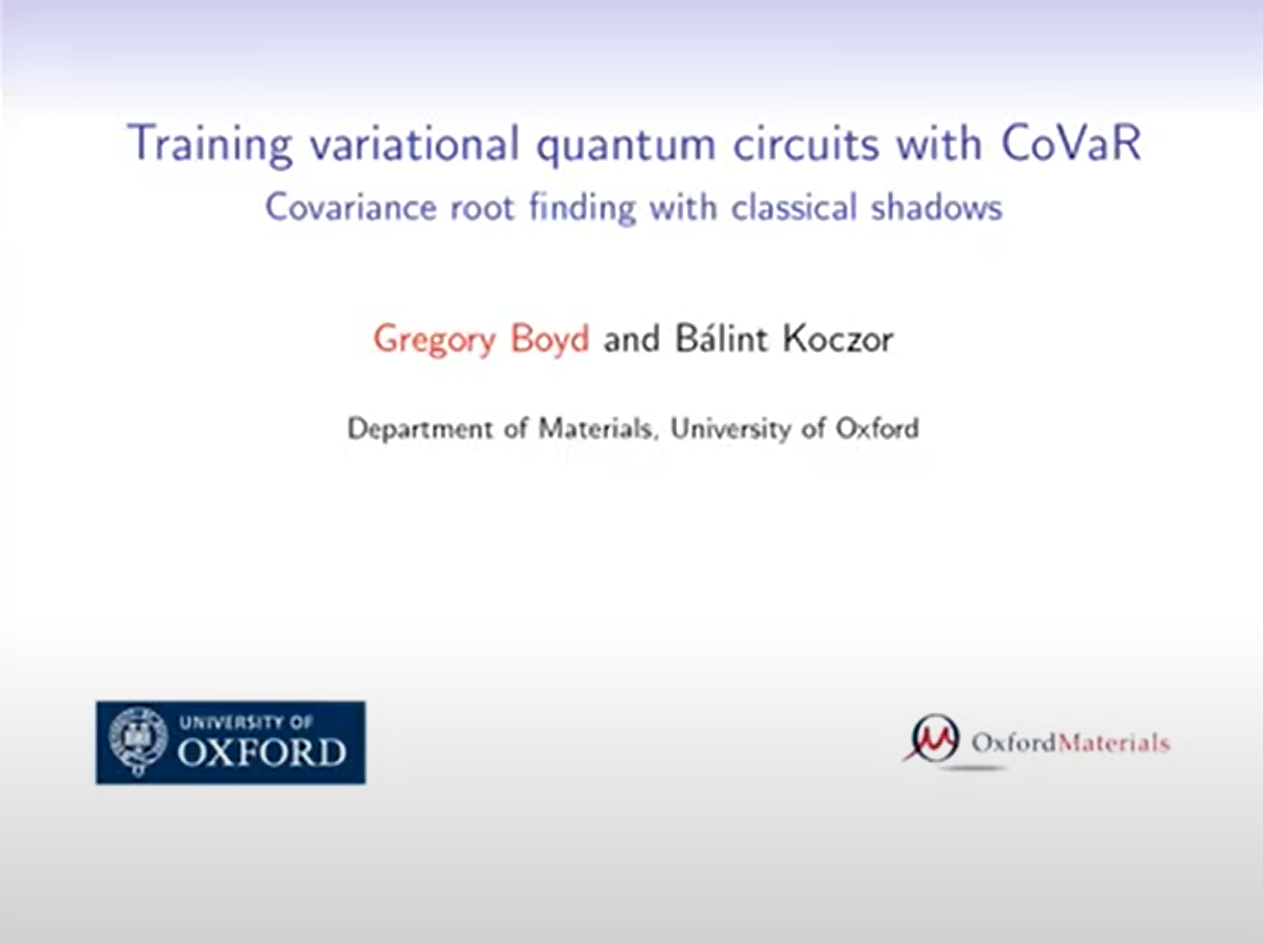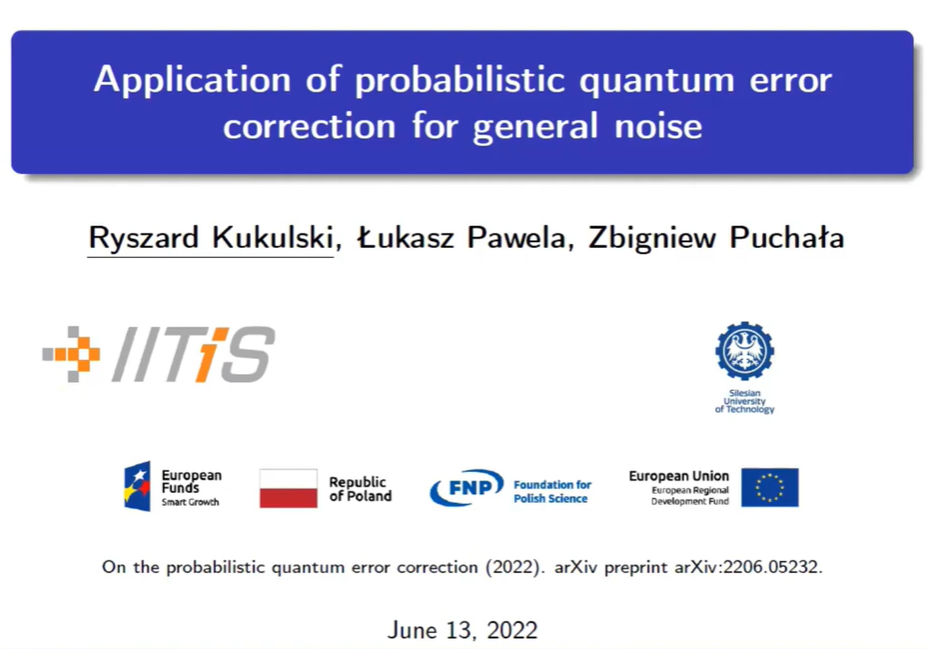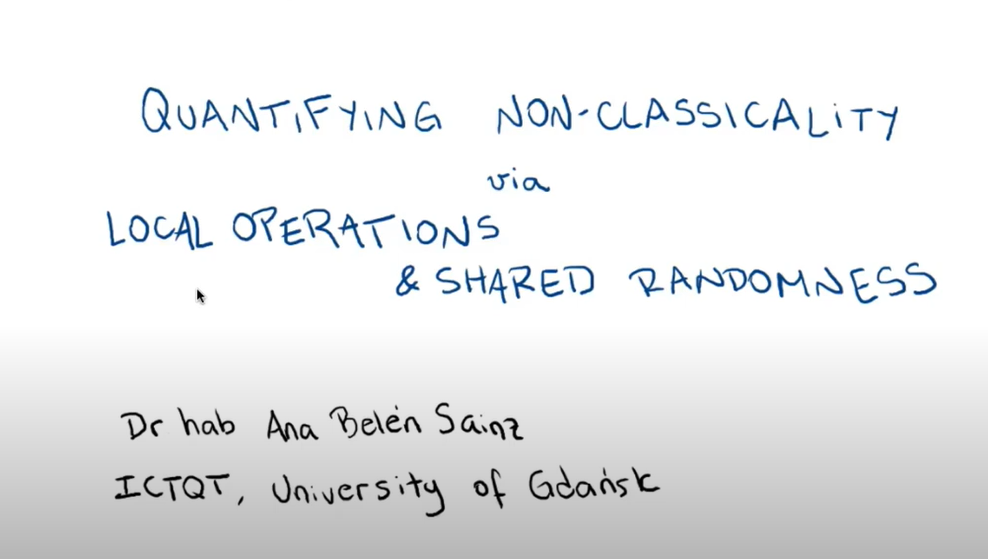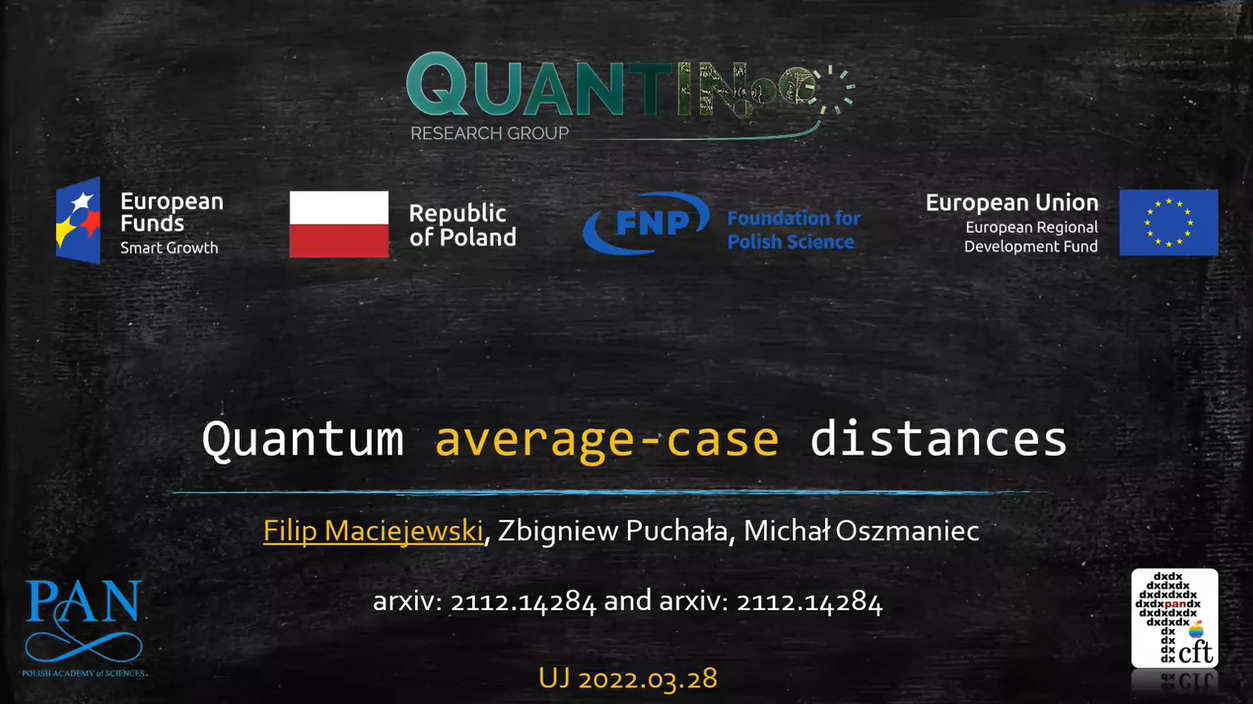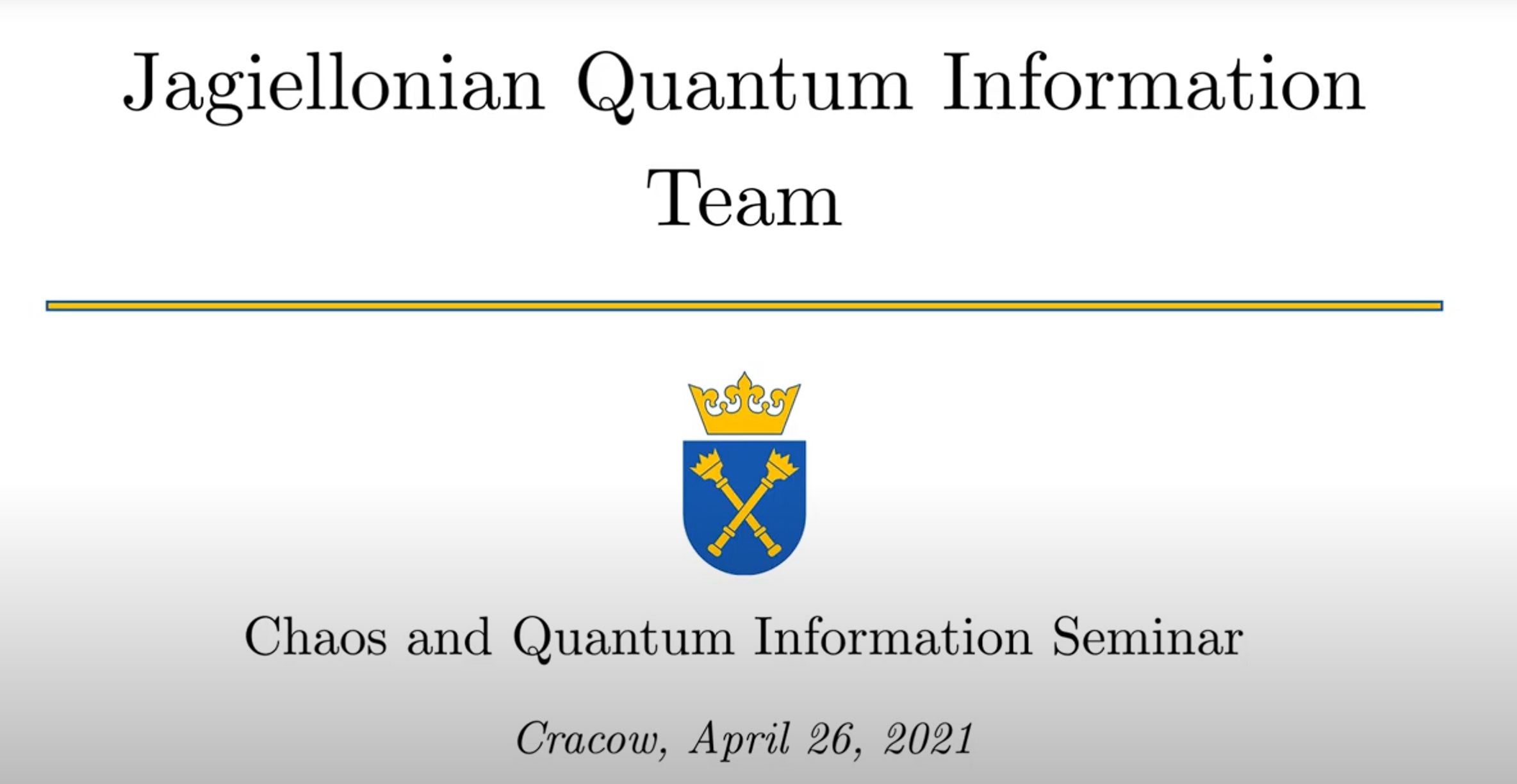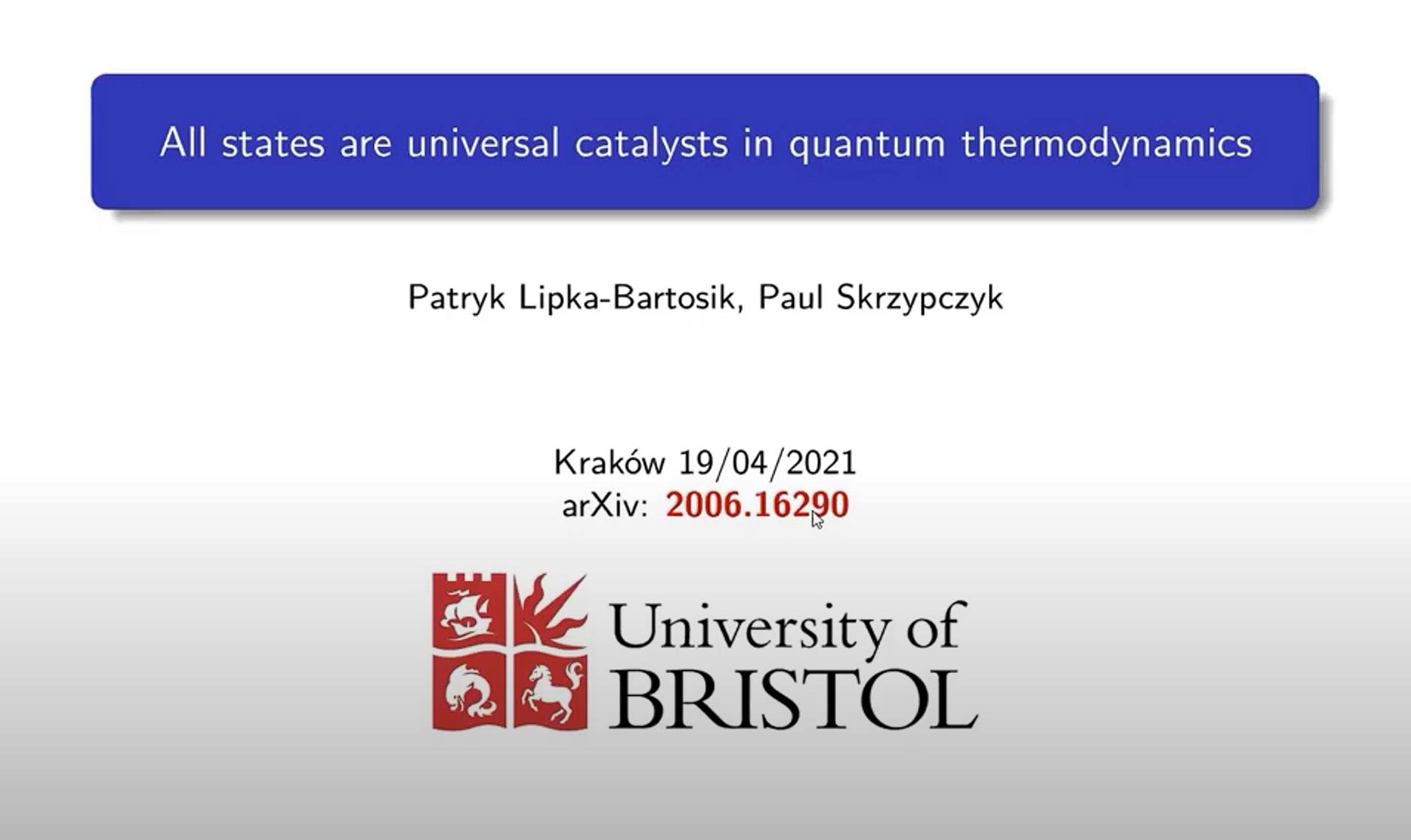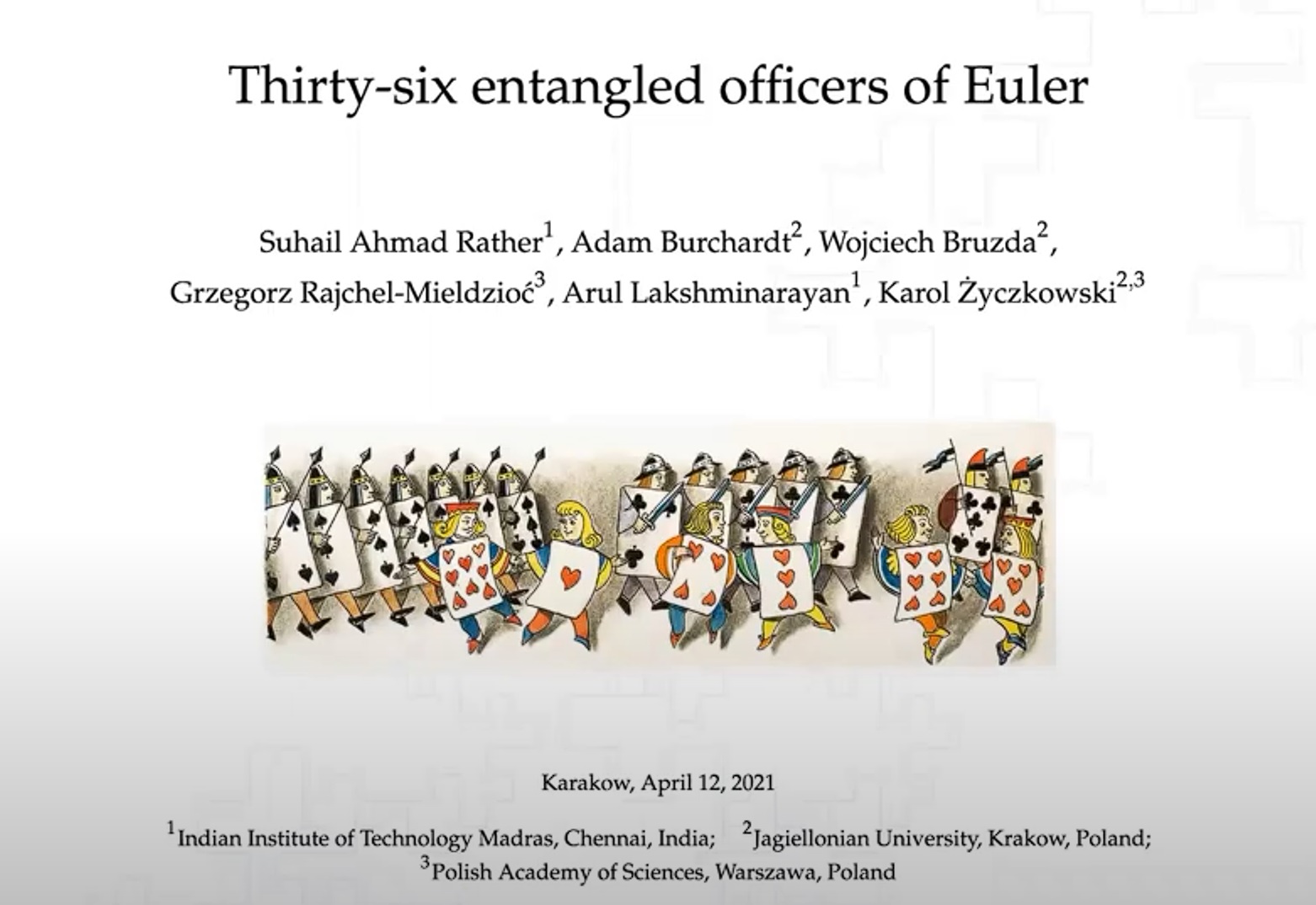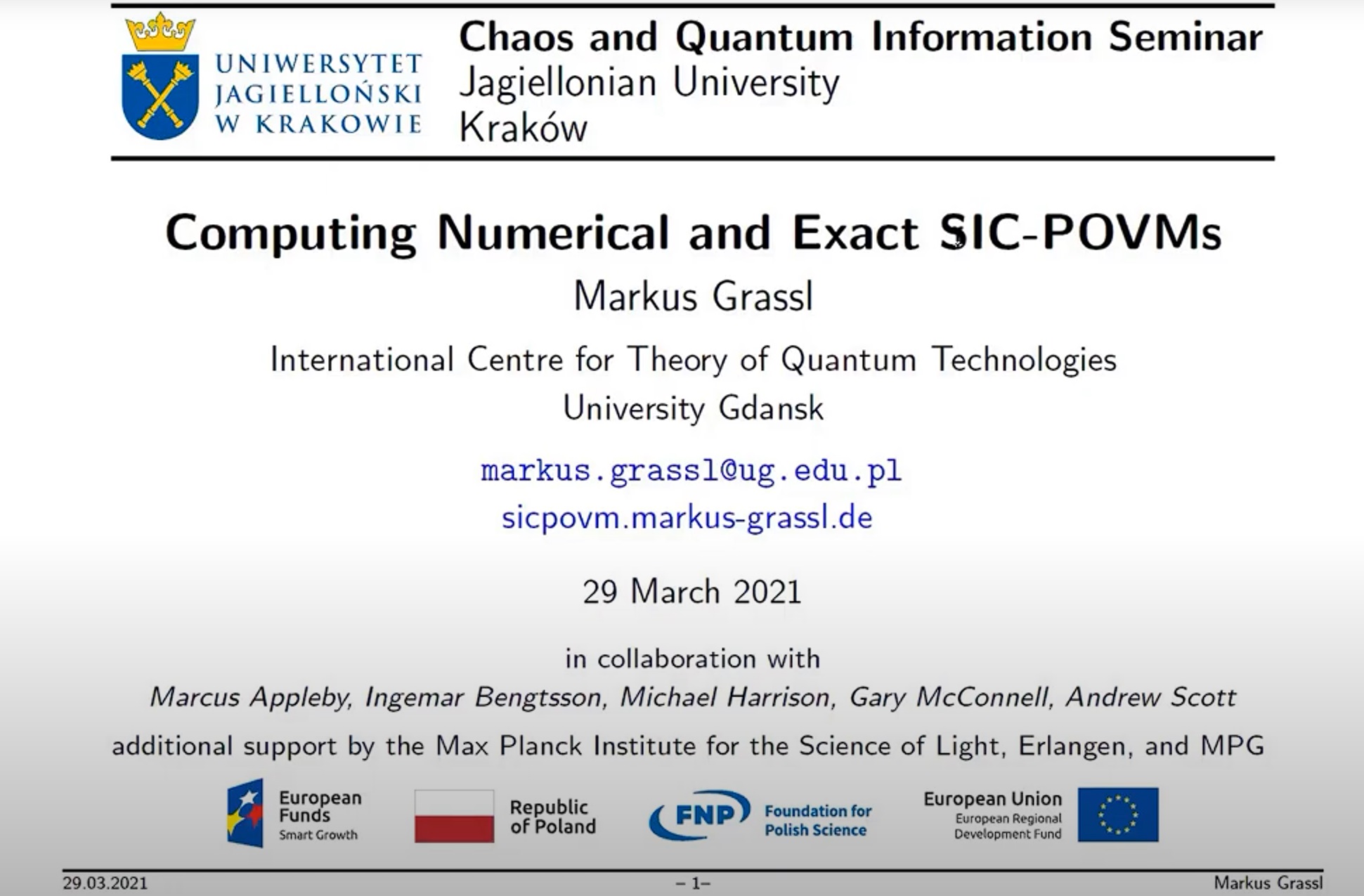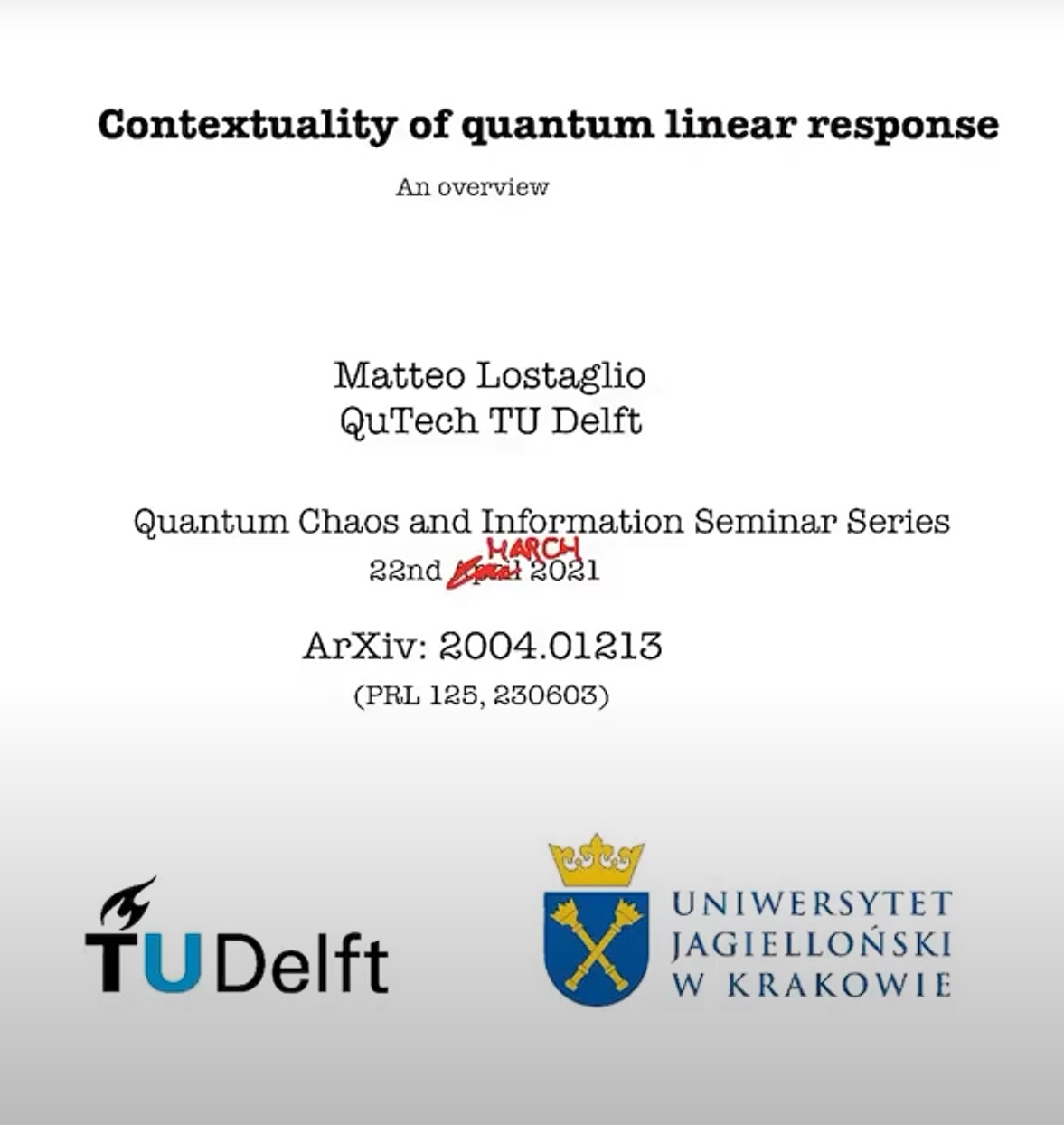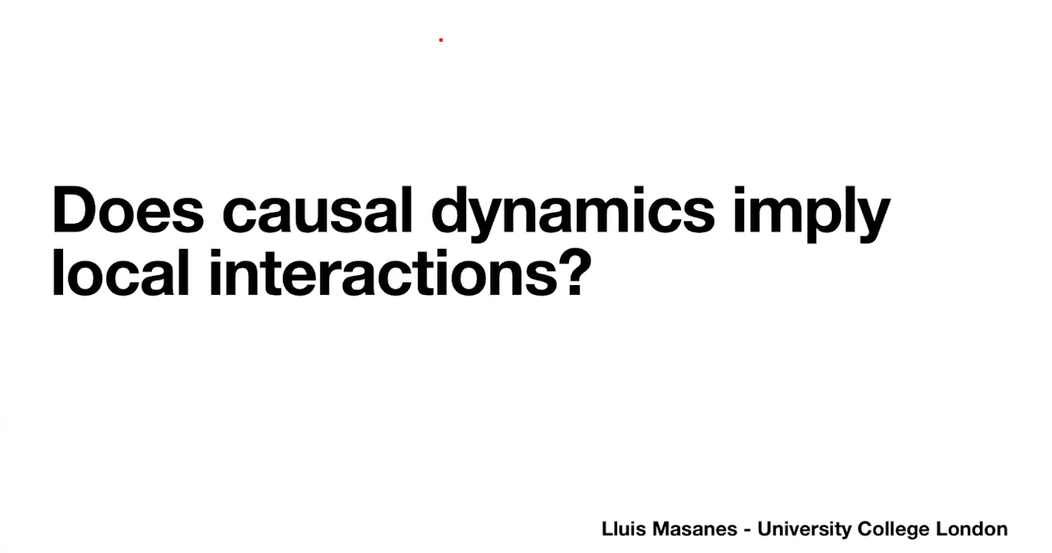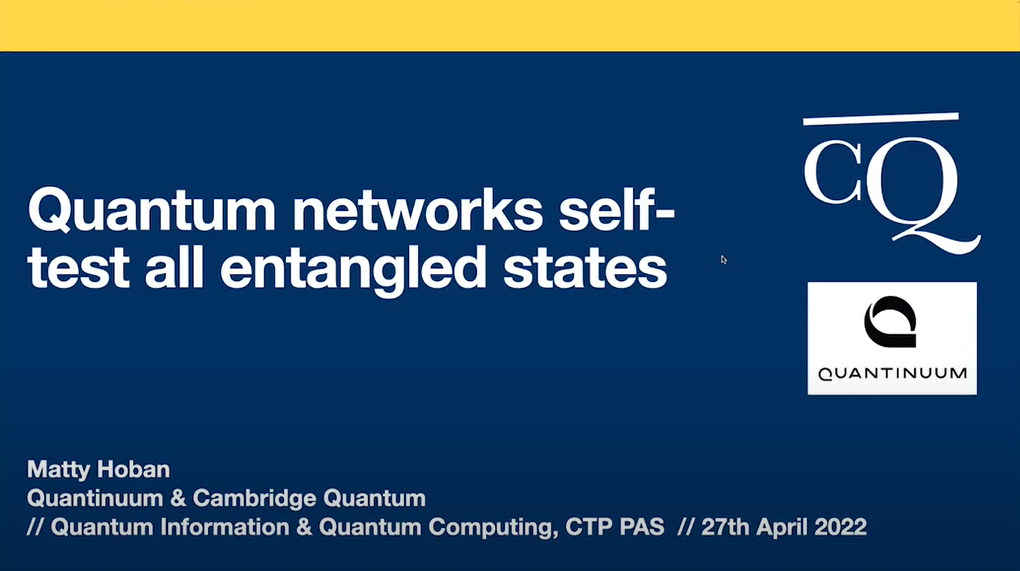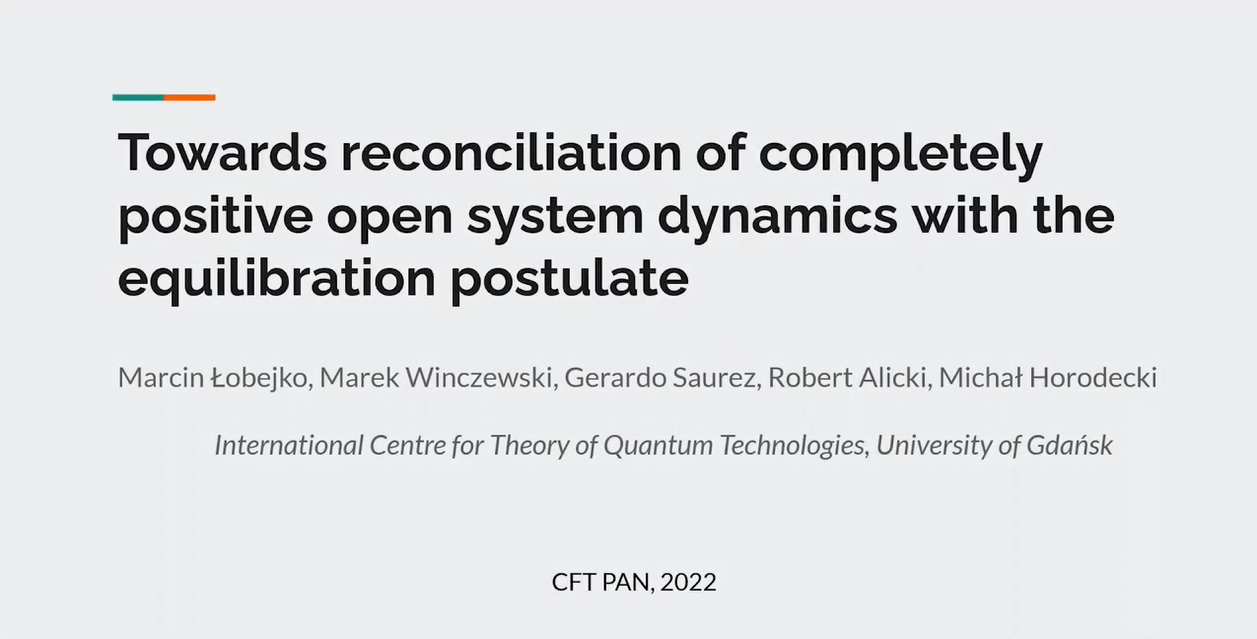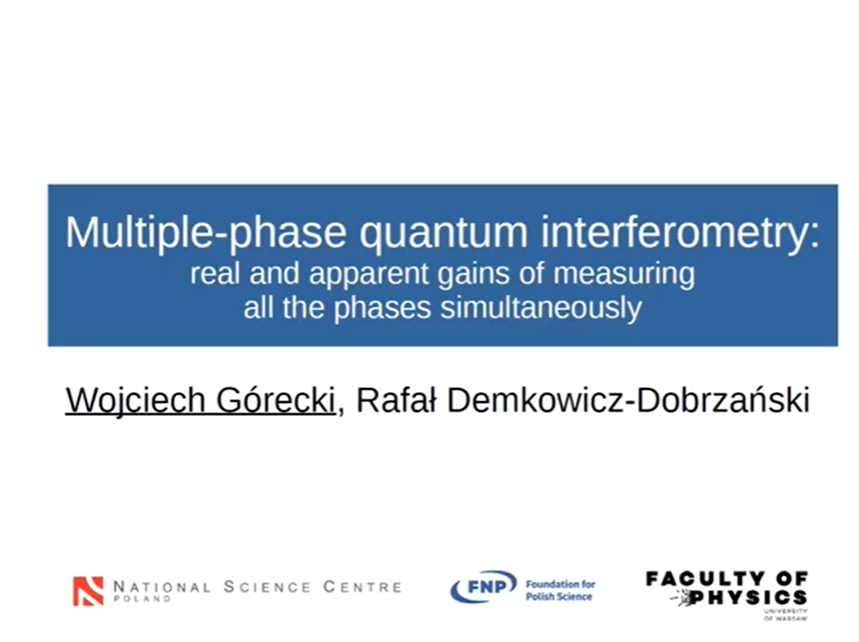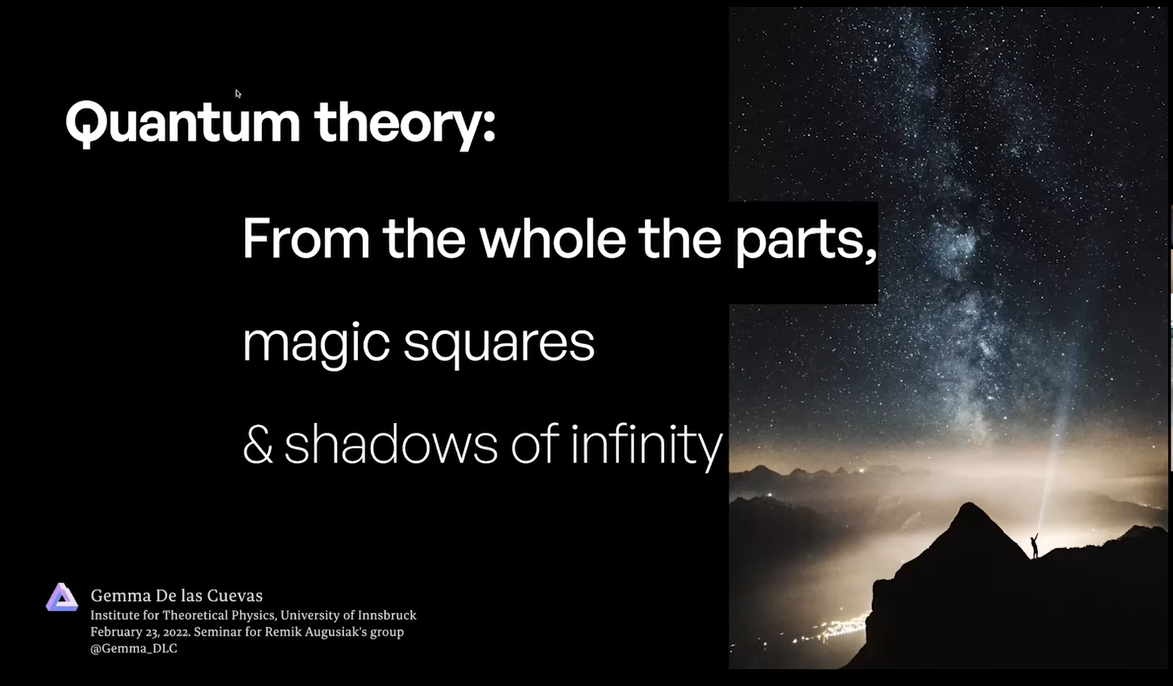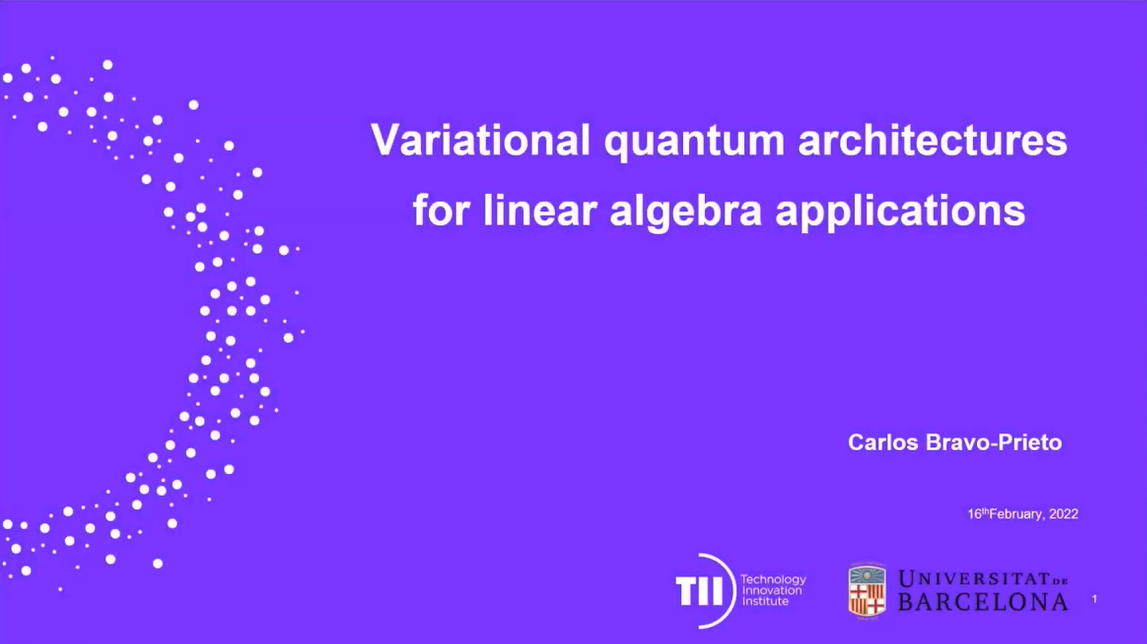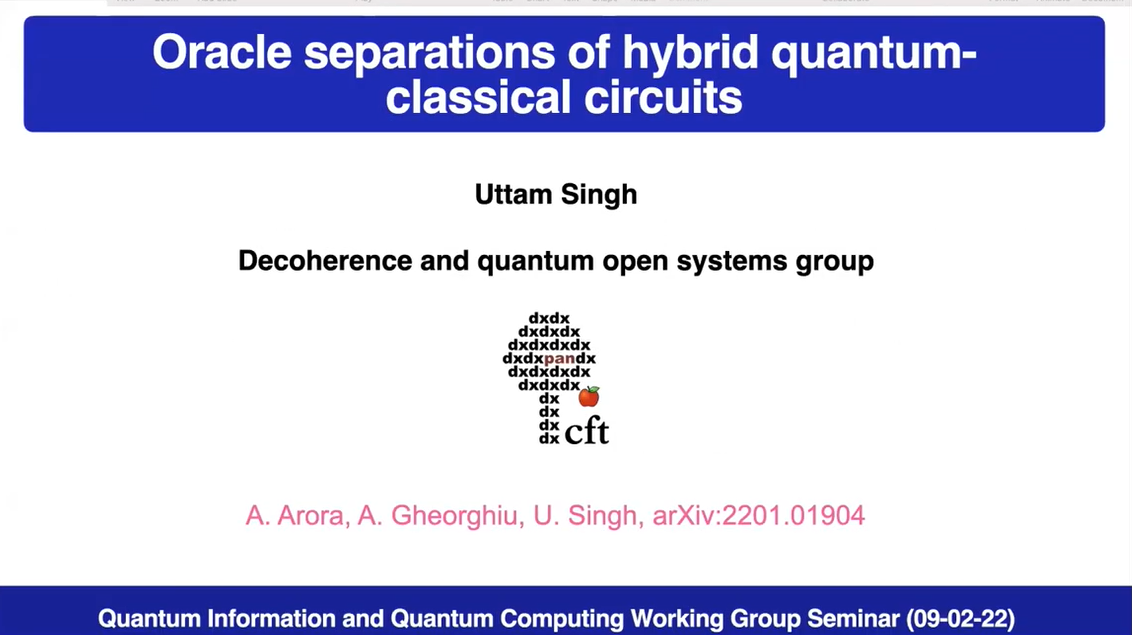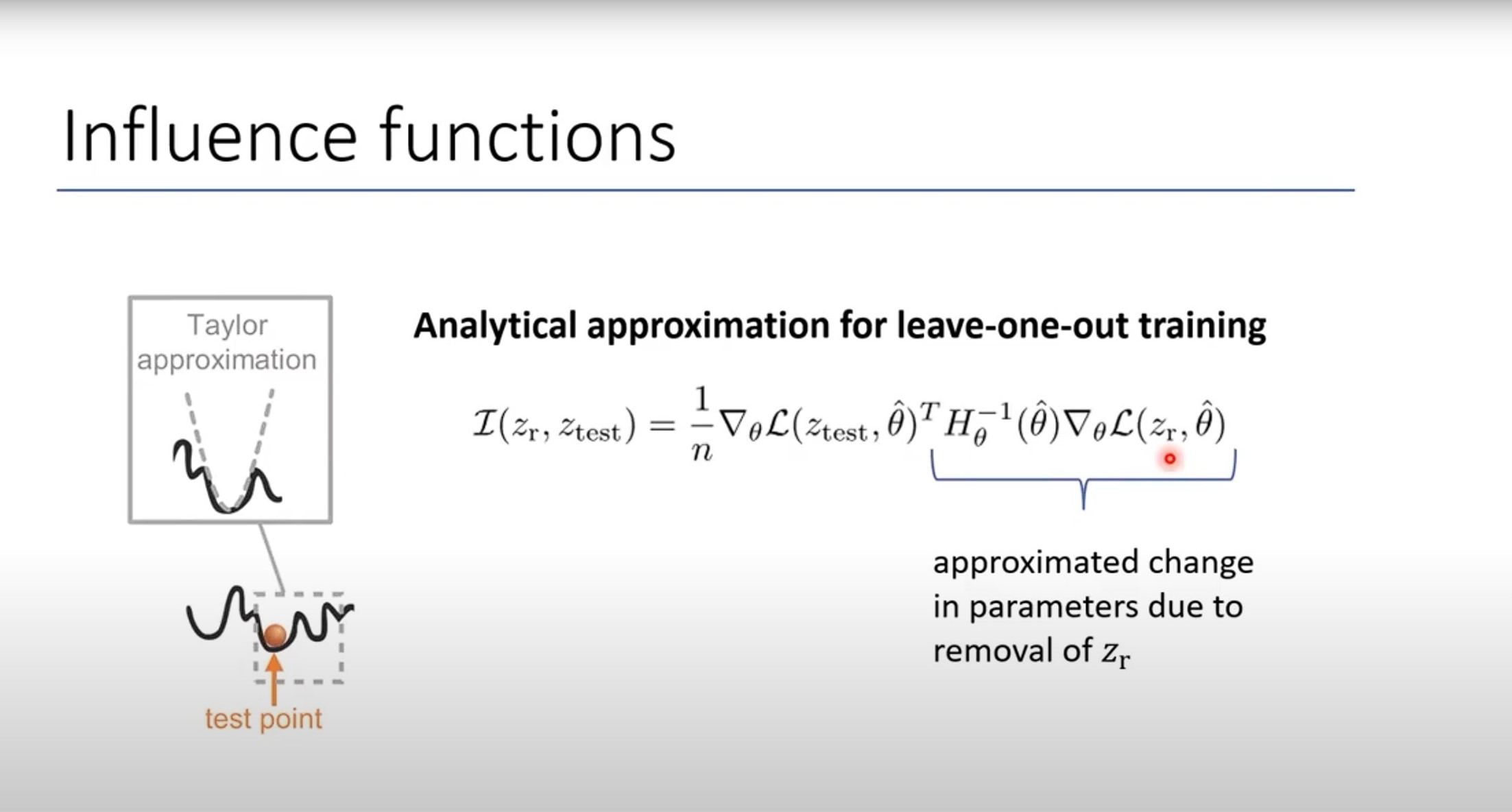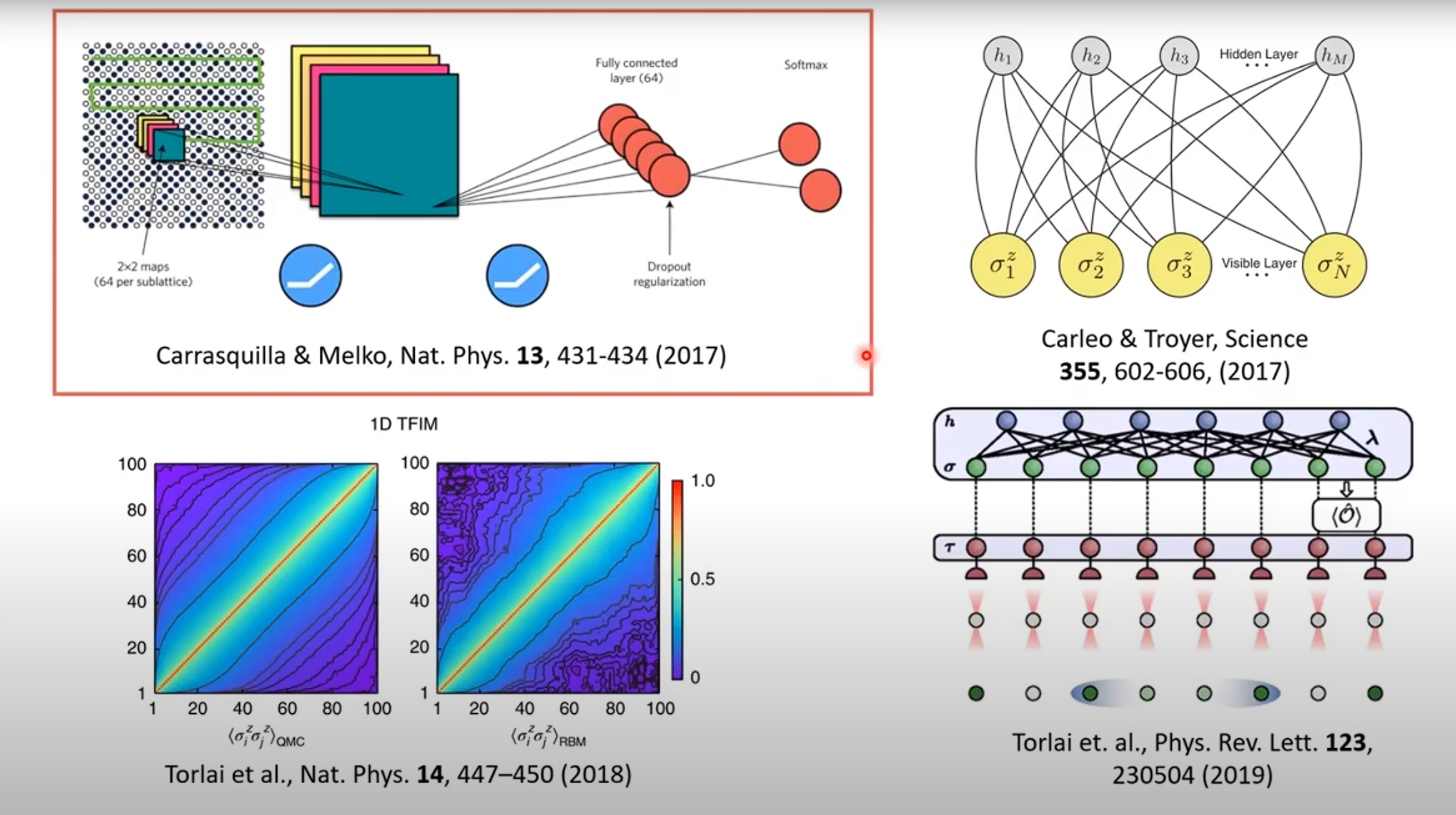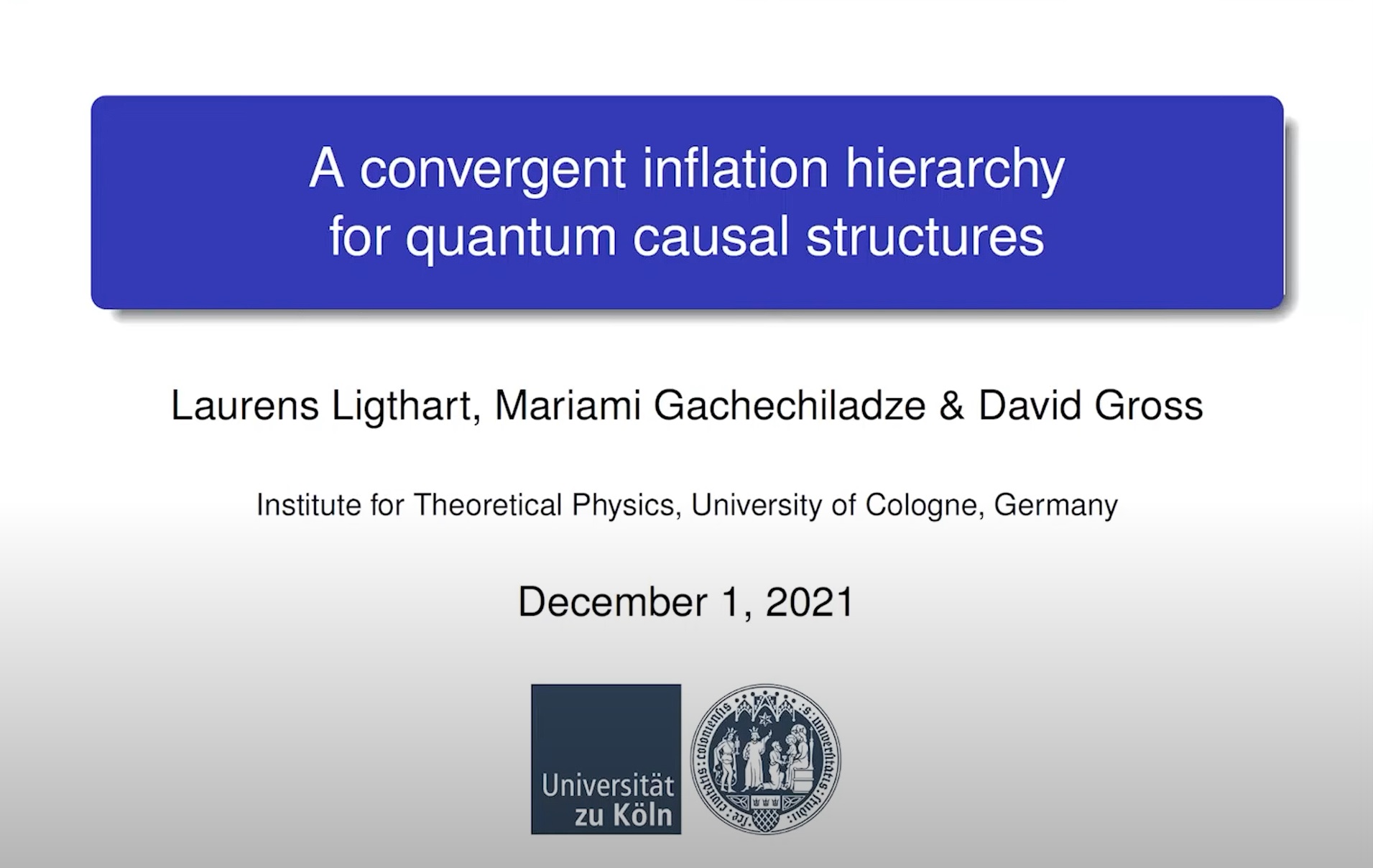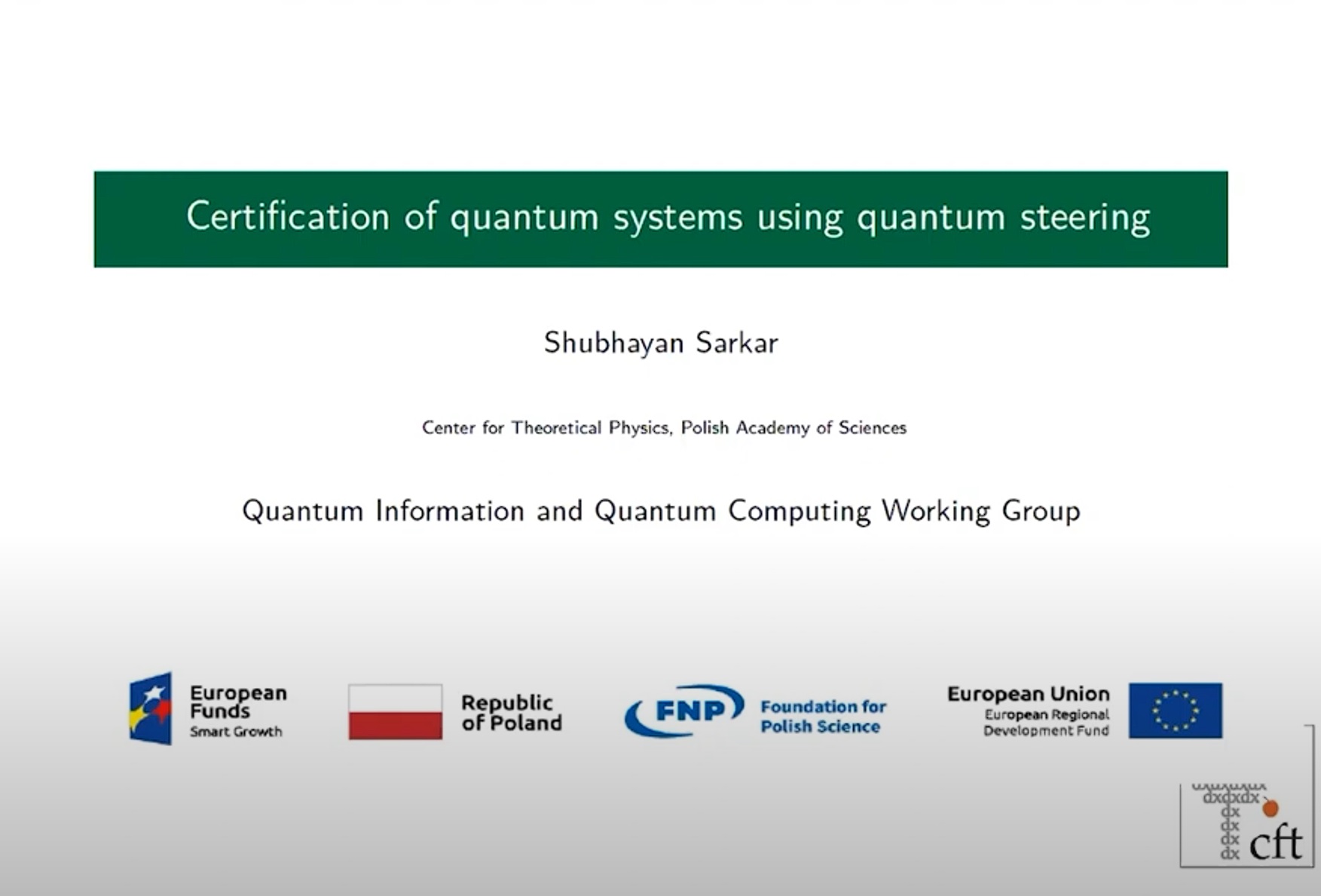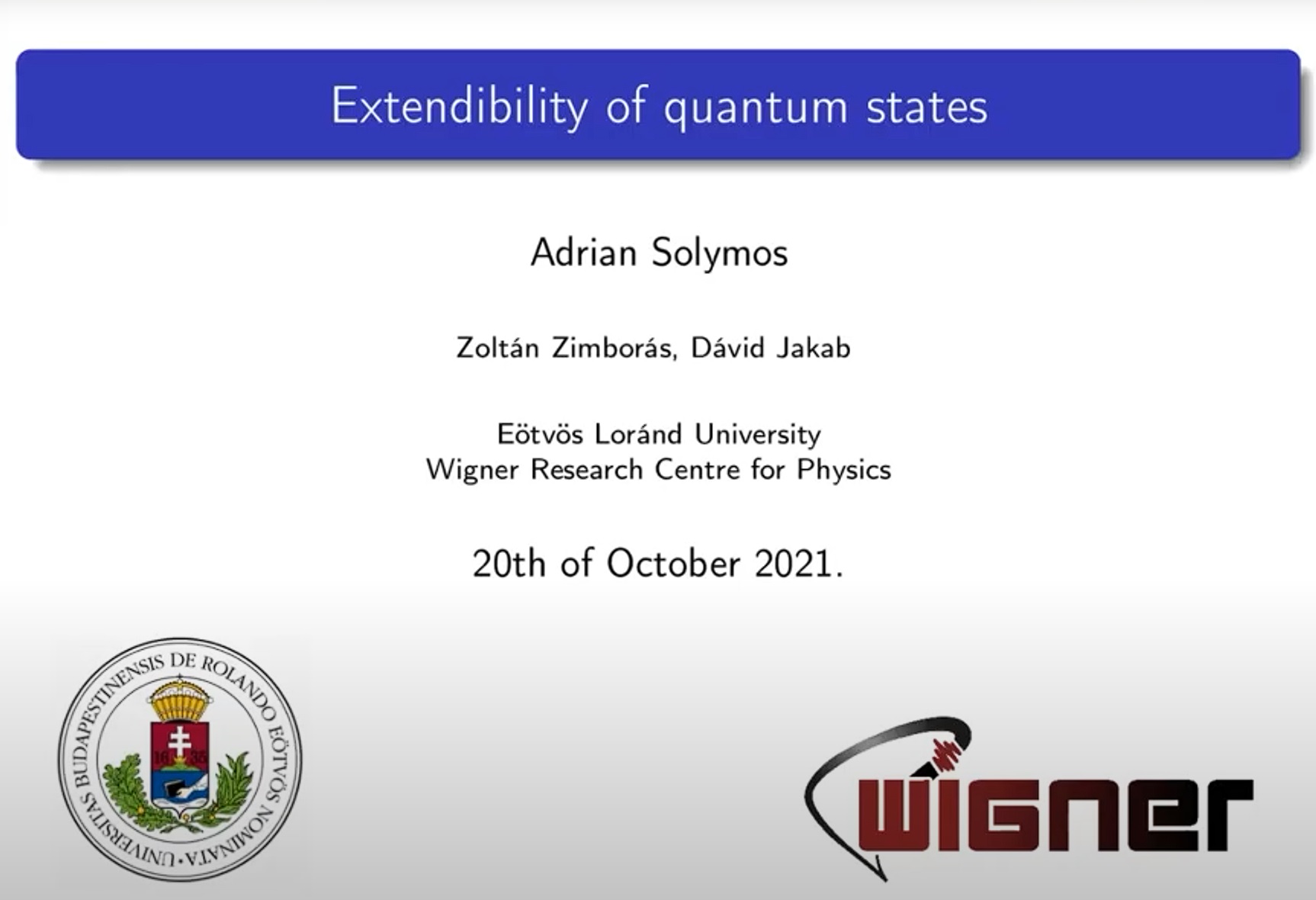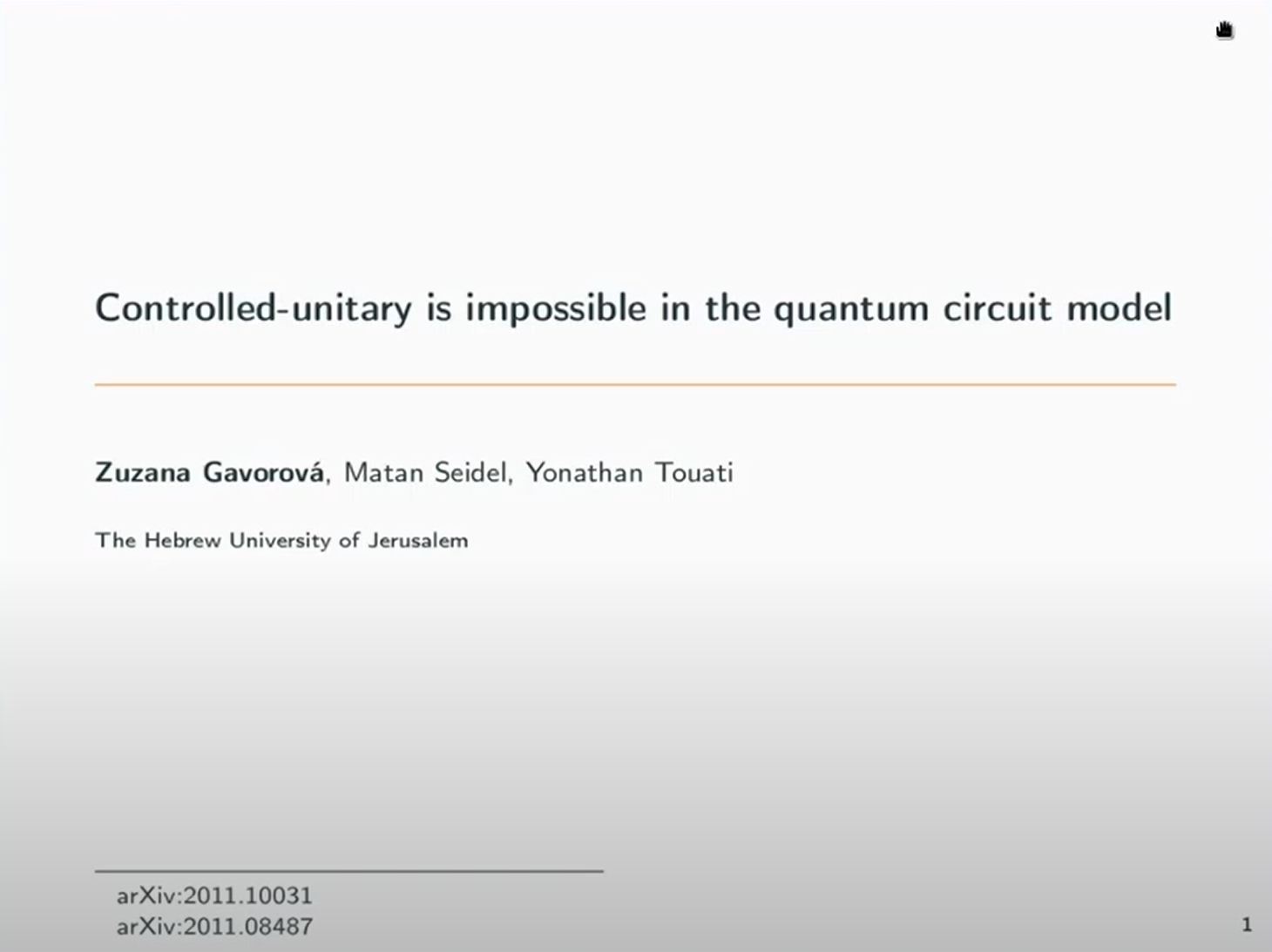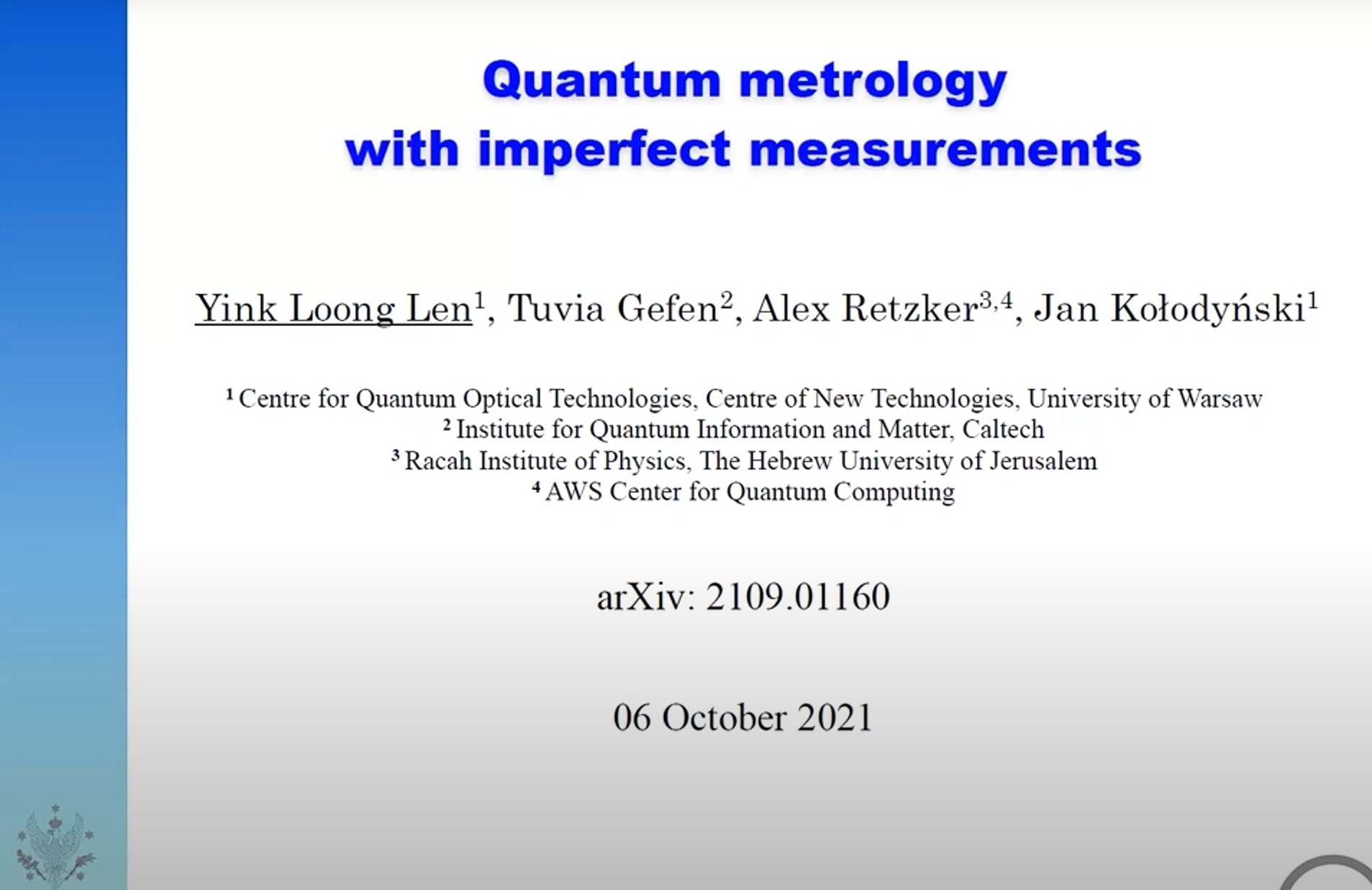Jordan Cotler (Harvard University): Quantum Complexity of Experiments
Team-Net Quantum Computing Colloquium
We introduce a theoretical framework to study experimental physics using quantum complexity theory. This allows us to address: what is the computational complexity of an experiment? For several 'model' experiments, we prove that there is an exponential savings in resources if the experimentalist can entangle apparatuses with experimental samples. A novel example is the experimental task of determining the symmetry class of a time evolution operator for a quantum many-body system. Some of our complexity advantages have been realized on Google's Sycamore processor, demonstrating a real-world advantage for learning algorithms with a quantum memory.
Other seminars

Giulio Chiribella (University of Hong Kong): Optimal programming of quantum gates - Duplicate27-06-2022
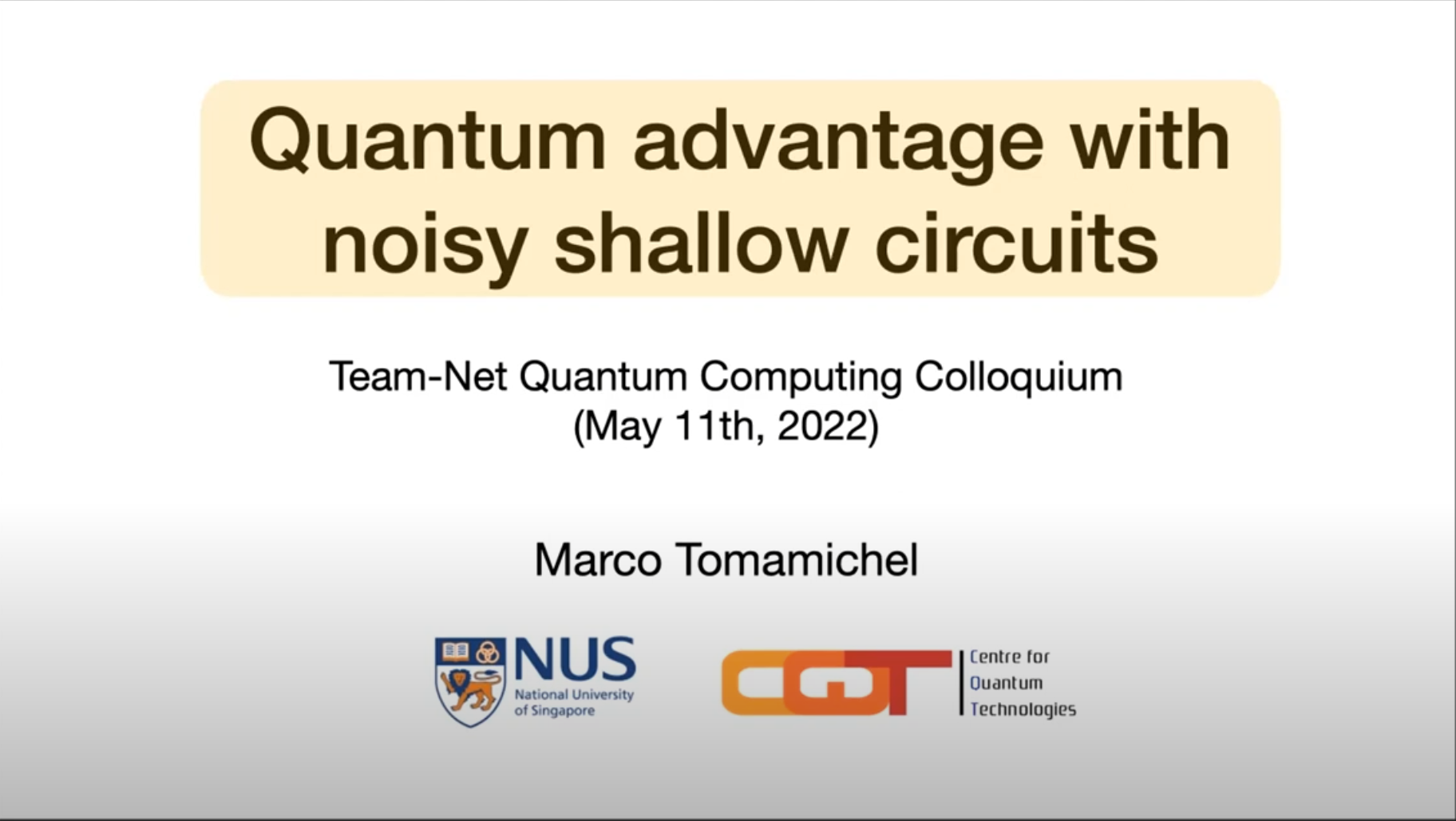
Marco Tomamichel (National University of Singapore): Quantum advantage with noisy shallow circuits17-05-2022
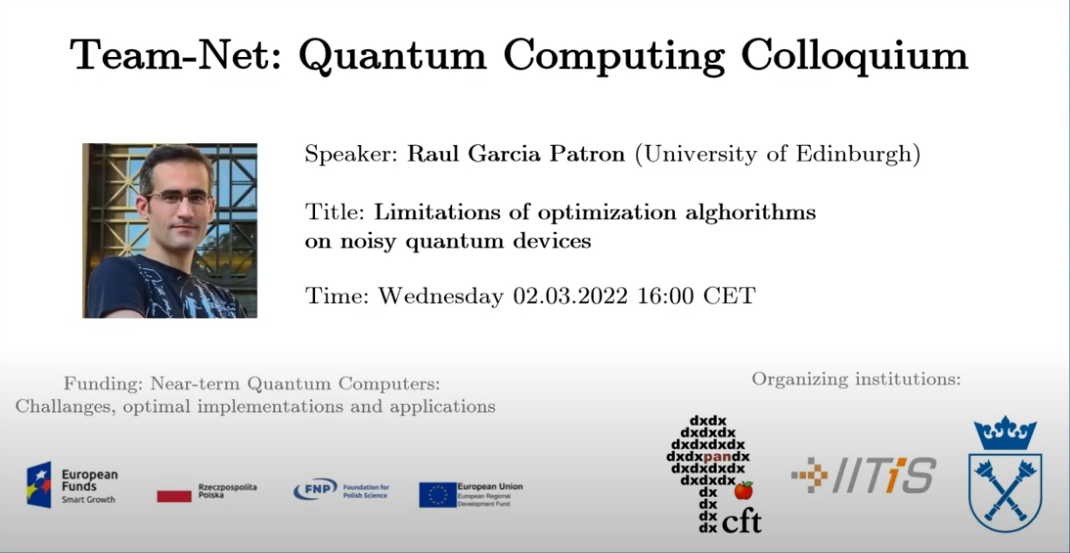
R. Patron (University of Edinburgh): Limitations of optimization algorithms on noisy quantum devices02-03-2022
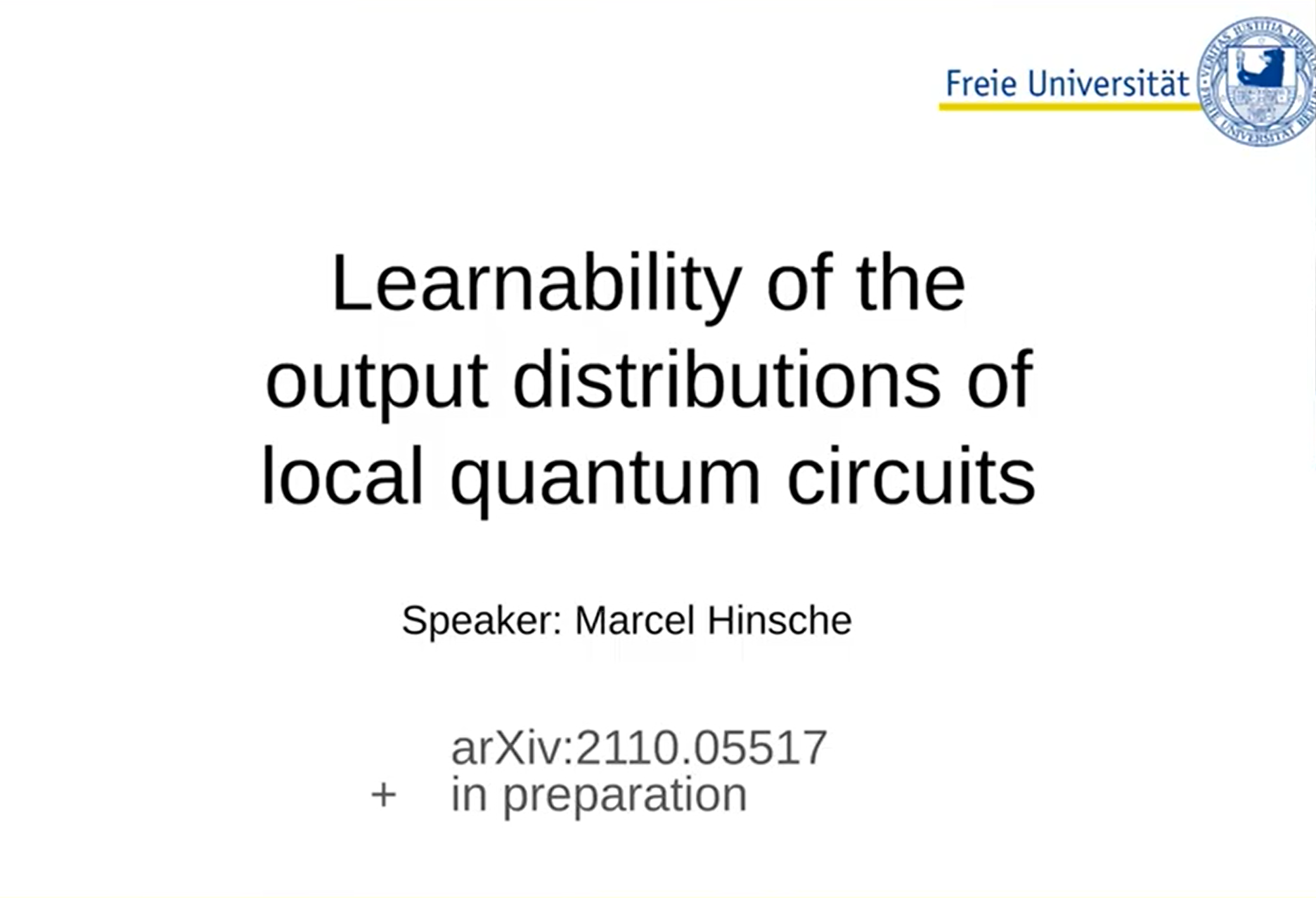
Marcel Hinsche (FU Berlin): Learnability of the output distributions of local quantum circuits25.05.2022
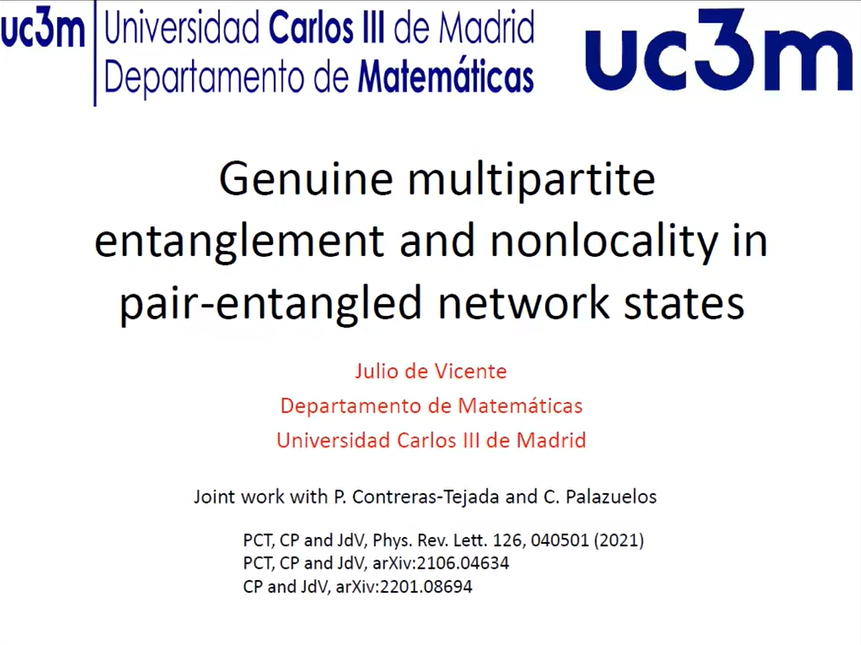
Julio de Vicente: Genuine multipartite entanglement and nonlocality in pair-entangled network states20.04.2022
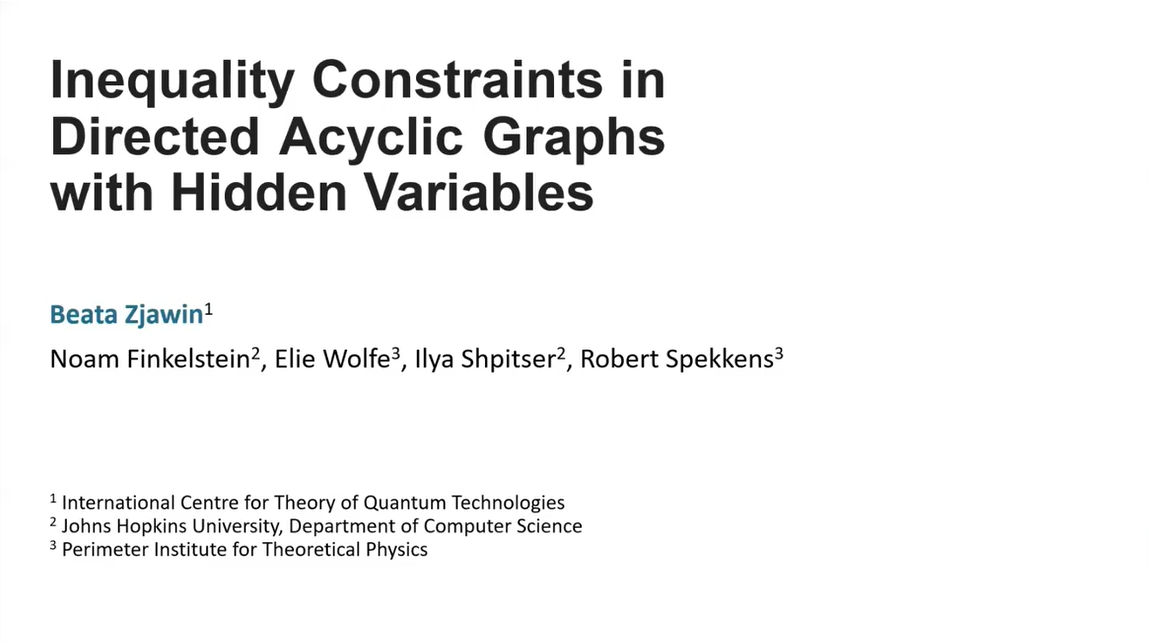
Beata Zjawin (ICTQT): Inequality Constraints in Directed Acyclic Graphs with Hidden Variables02.02.2022
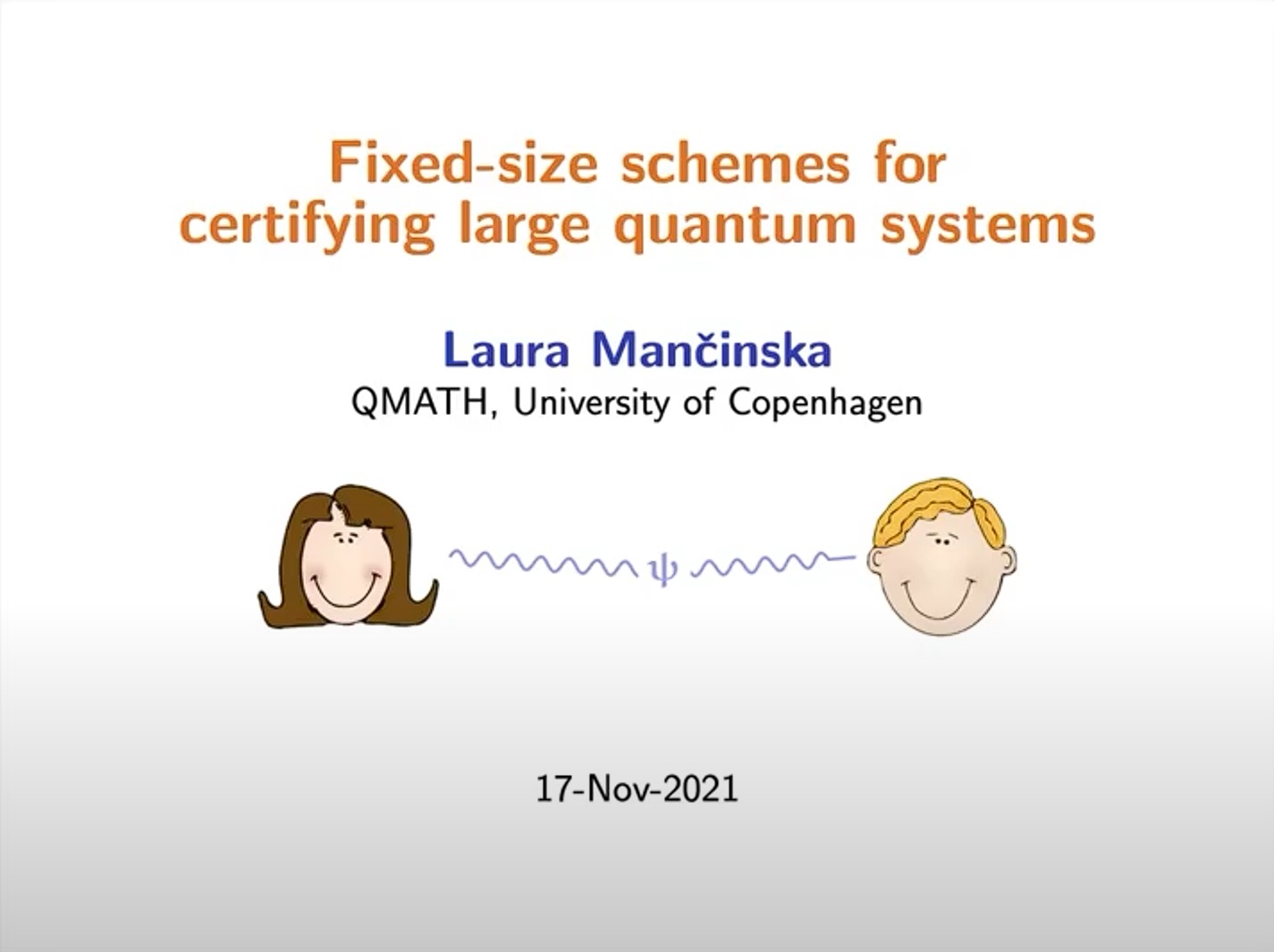
Laura Mancinska (QMATH, Copenhagen): Fixed-size schemes for certification of large quantum systems17-11-2021
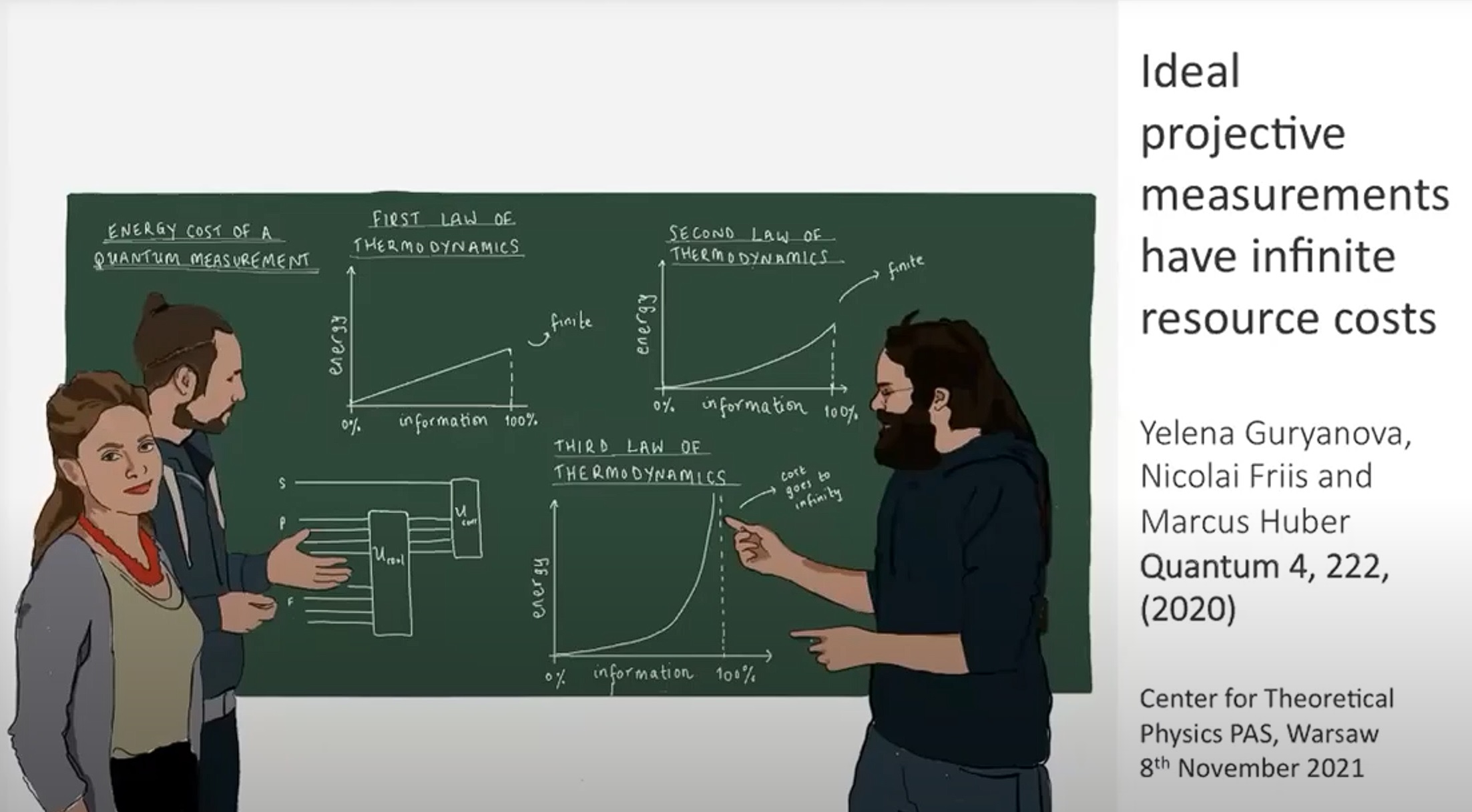
Yelena Guyanova (IQOQI, Vienna): Ideal Projective Measurements Have Infinite Resource Costs10-11-2021
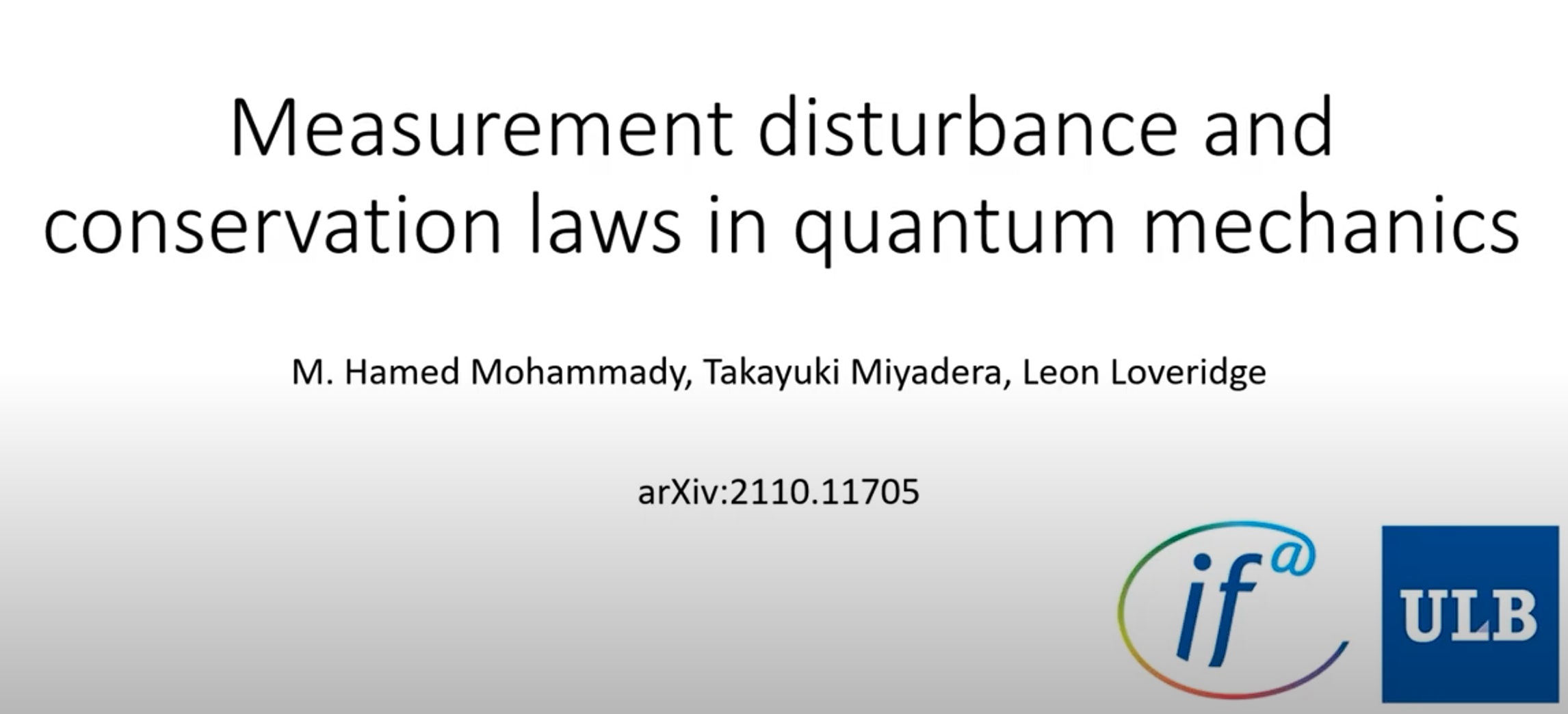
Hamed Mohammady (ULdB): Measurement disturbance and conservation laws in quantum mechanics03-11-2021
Contact
Aleja Lotników 32/46
02-668 Warszawa
Poland
Phone: +48 22 847 09 20
Email: nisq@cft.edu.pl
© 2021 Near-term Quantum Computers Project
